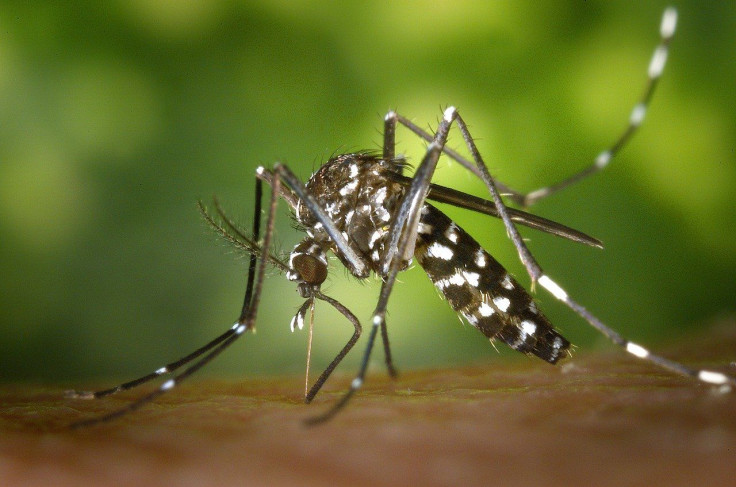Florida Reports 11th Dengue Case Even As State Sees A COVID-19 Resurgence
KEY POINTS
- Florida health department officials confirmed the 11th case of dengue fever
- The dengue cases are located in Key Largo, around 60 miles south of Miami.
- The announcement came amid reports that Florida is the new epicenter of coronavirus outbreak
Florida health department officials confirmed the 11th case of dengue fever on Tuesday, July 7, in the state that was already beleaguered by an increasing number of coronavirus infections.
The announcement came amid a health crisis brought about by the coronavirus outbreak. Reports said all dengue cases, which include eight discovered in late June, are in Key Largo, around 60 miles south of Miami.
A person contracts dengue when an infected female Aedes aegypti mosquito bites him or her. The virus needs the mosquito as the intermediate vector, meaning the illness cannot transmit from one person to another. The Aedes aegypti mosquito species is generally regarded as invasive and is also known to carry other diseases such as Zika, yellow fever, and chikungunya.

The mosquito-borne illness is characterized by high fever and low platelet count. Dengue fever symptoms often appear within two weeks of being bitten by an infected mosquito. According to health department officials, warning signs of the disease include severe pains and muscle aches, high fever, and rashes.
Health officials are presently conducting epidemiological research to find out where the disease came from and the extent of its infection in Florida. Alison Kerr, Florida Keys' health department spokeswoman, told Miami Herald they believe all of the cases on record were locally acquired. She added the most recent patient is undergoing treatment and is expected to fully recover soon.
Florida Keys Mosquito Control District spokesperson Chad Huff revealed workers from their department were tracking down and killing adult mosquitoes and larvae using trucks and helicopters. Their task included door-to-door inspection of businesses and homes in the Key Largo district.
To help prevent the disease from further spreading, health officials are asking locals to get rid of likely Aedes aegypti breeding grounds like tarps, pet bowls, gutters, and trash cans that contain standing water. Medical experts also reminded everyone these mosquitoes primarily bite during the day, adding they are most active for around two hours after sunrise and a few hours before sunset. They have also been known to bite at night, although only in areas that are well lit. Aedes aegypti can bite people without them noticing it because it often approaches from behind and usually bites on elbows and ankles.
The news about a possible dengue outbreak in Florida comes in the light of the health crisis brought about by COVID-19. Health officials reported the Sunshine State has emerged as the new epicenter of the coronavirus outbreak. Florida was among the last states to impose lockdown measures and among the first to reopen.
In May, Florida Gov. Ron DeSantis announced the state's victory over the virus as cases surged in other states. The governor earned praise from President Donald Trump for his "effective" response to the health crisis. Weeks after declaring victory and reopening its economy, coronavirus infections in the state skyrocketed.
Health experts said the new concern brought about by dengue could further complicate the COVID-19 health crisis. On Wednesday, July 8, health department officials in Florida reported over 10,000 new cases of coronavirus infections.
It brought the total number of confirmed cases to almost 220,500 across the state, with the test positivity rate more than 14% for over a week now. There are also reports of hospitals in the state getting overwhelmed by coronavirus patients, though this cannot be fully confirmed as DeSantis refused to release government data on daily hospitalizations despite promising to do so.
© Copyright IBTimes 2024. All rights reserved.





















